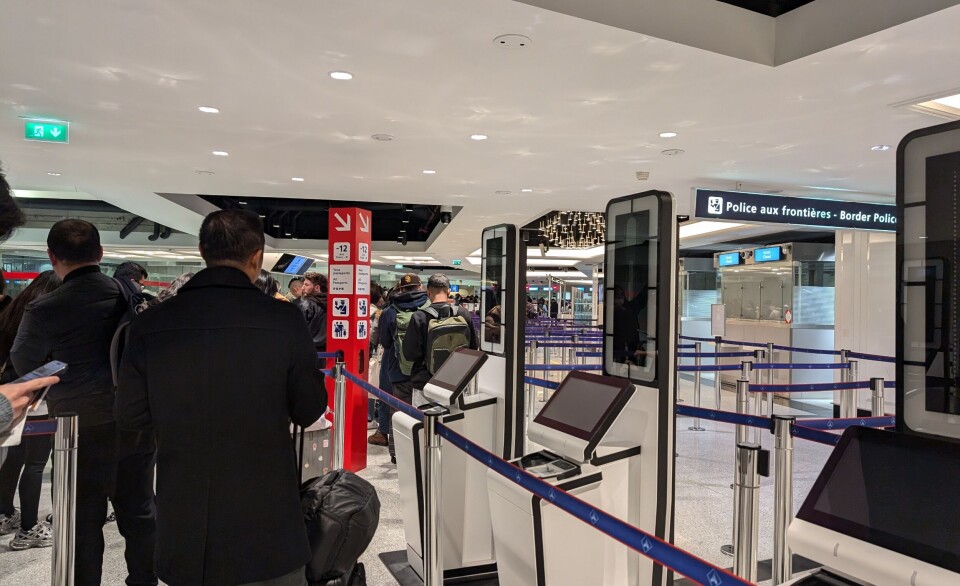-
Assess your health with new official online platform in France
The platform will help to create a national ‘barometer of commitment to physical activity’
-
Only one in 10 people in France have ‘ideal’ cardiovascular health, says new report
Cardiovascular disease is the second leading cause of death in France
-
Map: How well (or not) each French area is served by health workers
The map shows how each area compares to the national average for access to professionals including GPs, midwives and physiotherapists
France's free two-hour health check is open to all
The check-up is carried out at one of around 85 centres d’examens de santé around the country
When the Covid-19 health crisis is over it may be good to know that you can have a free comprehensive health check-up in France, aimed at identifying future potential issues and giving advice.
This test is not related to the Covid-19 crisis and is open to all residents who are part of the state health system.
It is called an examen de prévention en santé (previously it was known as a bilan de santé gratuit).
The check-up lasts around two-and-a-half hours and is carried out at one of around 85 centres d’examens de santé around the country.
Anyone is entitled to ask to have one. Occasionally, if there is a lot of demand, a waiting list is established, with priority to certain groups, including those on low-income benefits, the unemployed, disabled people and young people starting work.
To apply, you need to contact your health caisse (usually Cpam), for example by telephone on 3646 or via your Ma Messagerie section at Ameli.fr if you have an online account.
Some areas have an online form that can be filled in, including Ile-de-France, at this link.
In other areas, visit this link, supplying your postcode if prompted to do so. A link for a form should be provided in a section called Près de chez vous, if this is available in your area.
The examen de prévention en santé will be tailored according to what details you give in your application form.
For example, a young person may be given advice on sexual health, fitness or smoking, whereas an elderly person may be advised about risks of falls or availability and recommendations for cancer screening.
The check-up can include blood and urine tests, height and weight, eyesight and hearing, dental health, an electrocardiogram, blood pressure, breath capacity, memory tests, and a talk with a dietician.
The session will finish with an interview with a doctor to sum things up and if necessary, to discuss further follow-up tests you could have done.
The results will be given to you or posted out, with a copy to your GP if you ask for this.
Once you have applied, you should receive an offer of a date and location.
There will be a further questionnaire to fill in and bring with you on the day and you should also bring any recent test results with you.
























